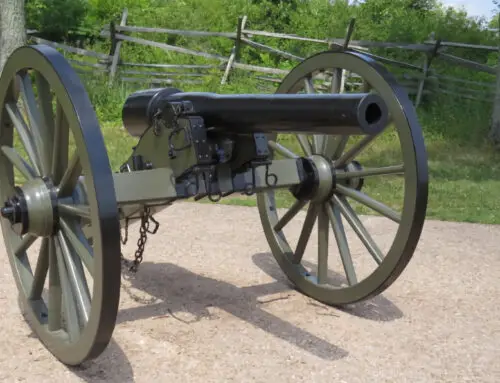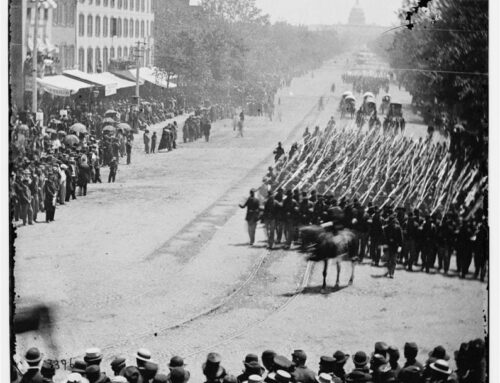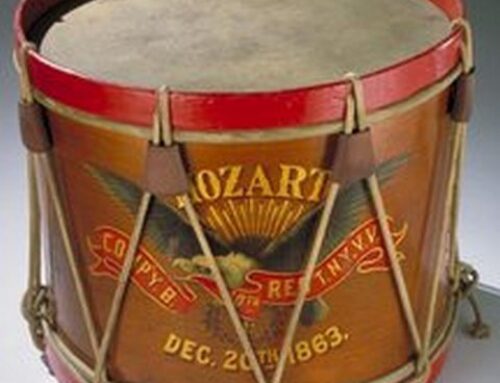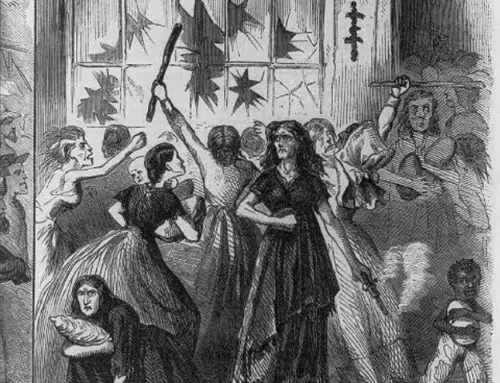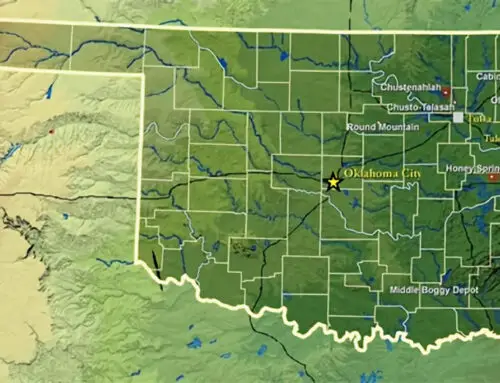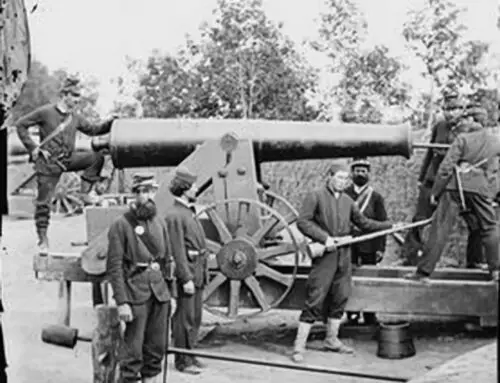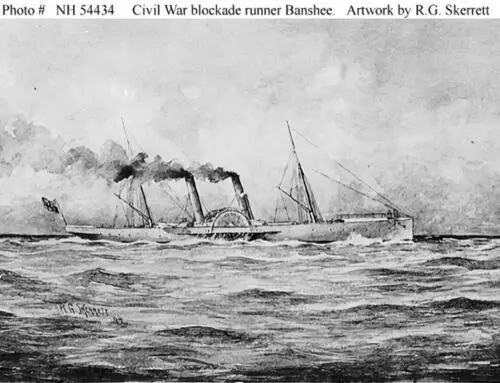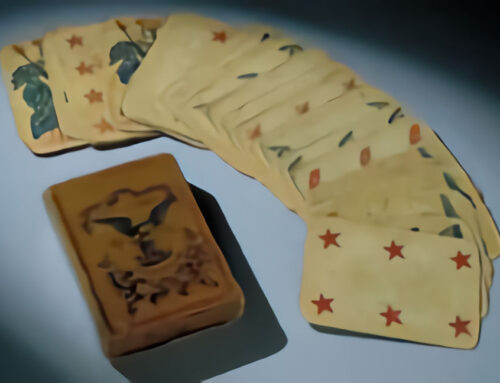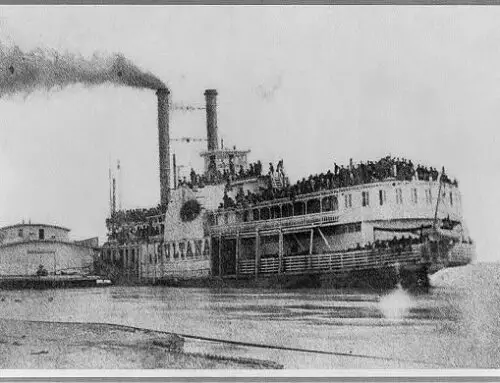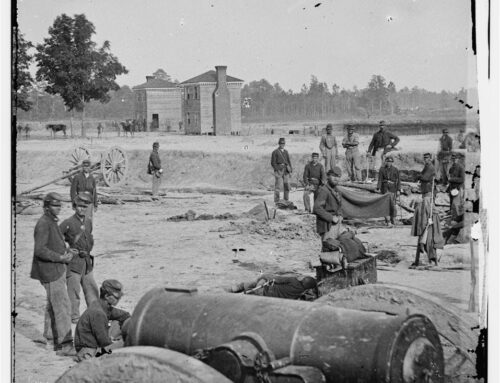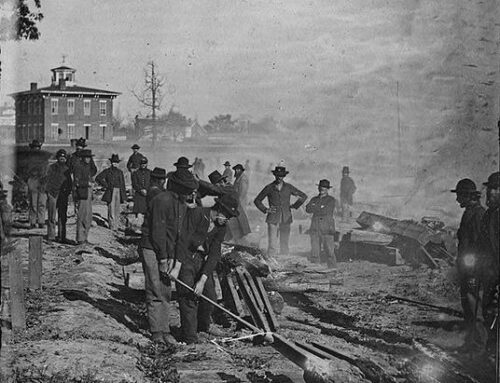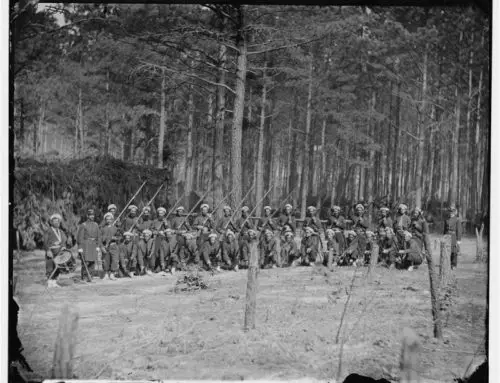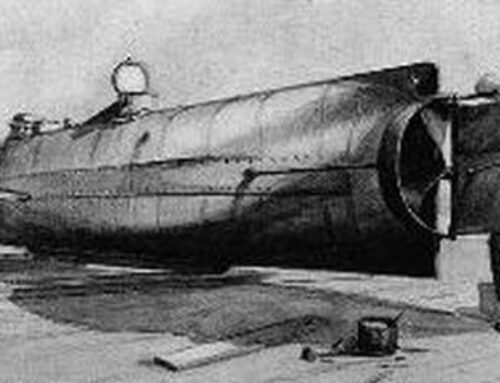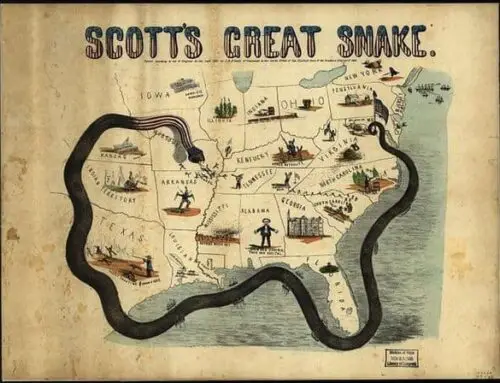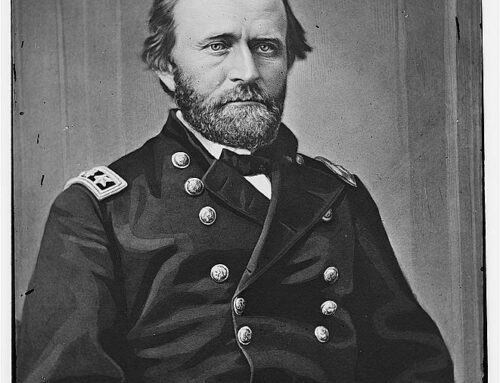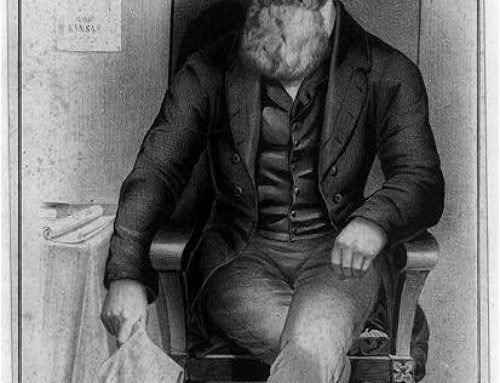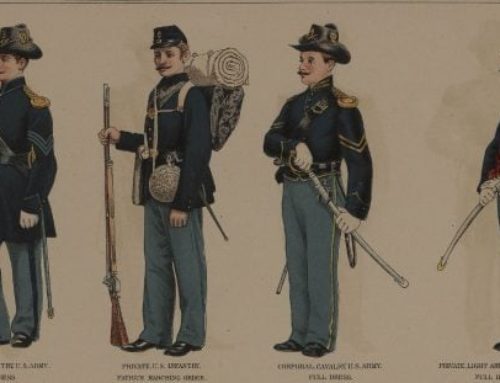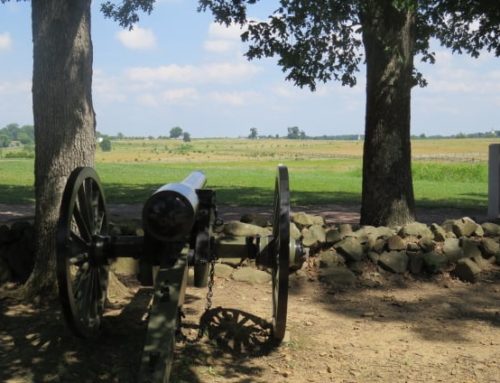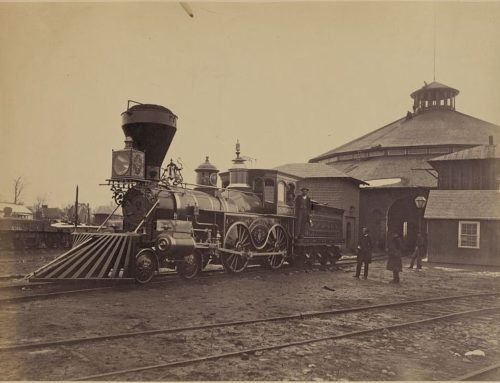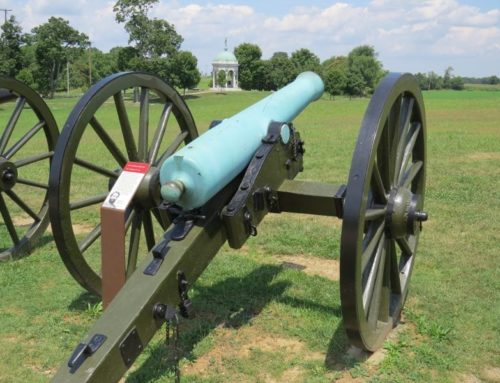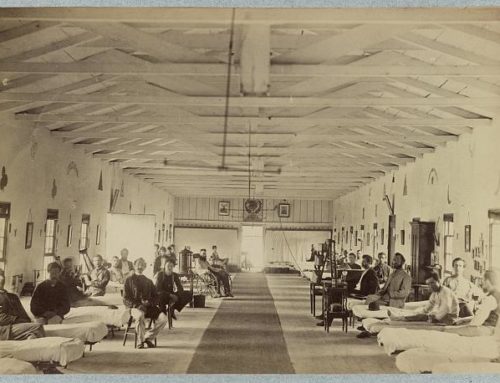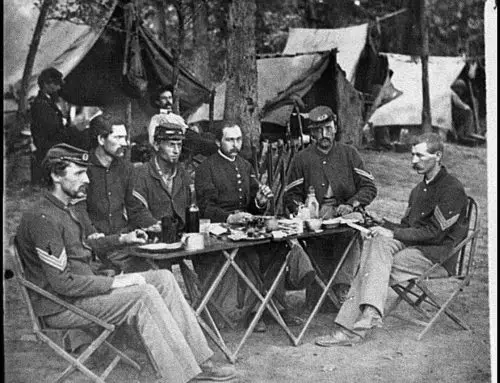April 14th 1865
The Lincoln assassination marked one of the darkest periods in United States history. On the evening of April 14th 1865 at Ford’s Theater in Washington DC, John Wilkes Booth shot President Lincoln in the back of the head.
After the fatal gunshot Booth attempted to jump off of the balcony where the president was sitting. Major Rathbone, who had accompanied the Lincoln’s as their guest that night tried to stop Booth but was slashed with a knife.
Booth eventually jumped from the balcony onto the stage. In the process Booth caught his spur on a flag that was draped over the balcony, this resulted in booth falling awkwardly and breaking his ankle.
Upon hitting the stage Booth quickly regained his footing and yelled his famous words Sic Semper Tyrannis! Which meant Thus always to tyrants!
He quickly ran out of the theater even being chased by some of the guests, jumped quickly on his horse and rode out of the city. Booth was on the run for several days hiding in swamps and woods trying to get as far south as he could. Booth believed was he reached the south he would be protected by southern sympathizers. This was not the case.
People in the south did not view Booth as a hero and knew this act of violence would do nothing more than punish the south for years to come. They had little sympathy for him. Booth was finally tracked down by Union cavalry and cornered inside a barn. Refusing to surrender he was shot by a Union soldier named Boston Corbett.
John Wilkes Booth would die a few short hours after being shot in the neck by Corbett.
Many people were arrested following the assassination. The conspirators who paid the biggest price and found guilty of plotting the assassination were Mary Surratt, Lewis Powell, David Herold, and George Atzerodt they were all hanged on July 7th 1865.
Lincoln only lived a few hours after being shot. He died in relative peace on April 15th 1865. Andrew Johnson was immediately sworn in as the 17th President of the United States.
The death of Abraham Lincoln was not only a tragedy for the North; it was just as much a tragedy for the South. Lincoln was one of only a few people who actually wanted to welcome the South back into the Union. He did not seek revenge, unlike most Union leaders. With his death, the South lost one of its biggest supporters and greatest friends.


